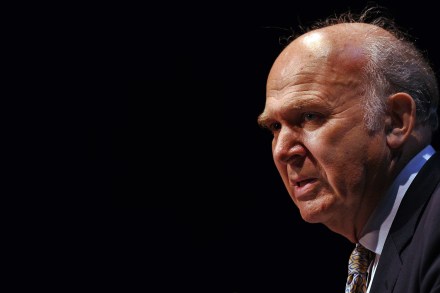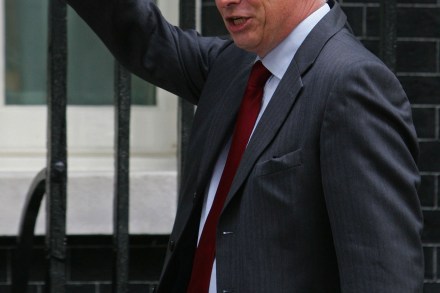A sustainable and permanent solution
‘A sustainable and permanent solution’, that was Lord Browne’s refrain this morning. Browne has aimed to fill the £1bn university funding black hole with a system that doesn’t prejudice the disadvantaged or force universities to privatise. Browne recommends that the tuition fee cap goes, but insists the Treasury should collect a levy from universities that charge above £6,000: fees set at £9,000 will cede 50 percent of £1,000 above £6,000, which will rise to 75 percent for fees of £12,000. This tapered levy is designed to discourage institutions from charging US-style of £20,000. Browne says that no English or Welsh student should be confronted with upfront costs – at the moment,


















